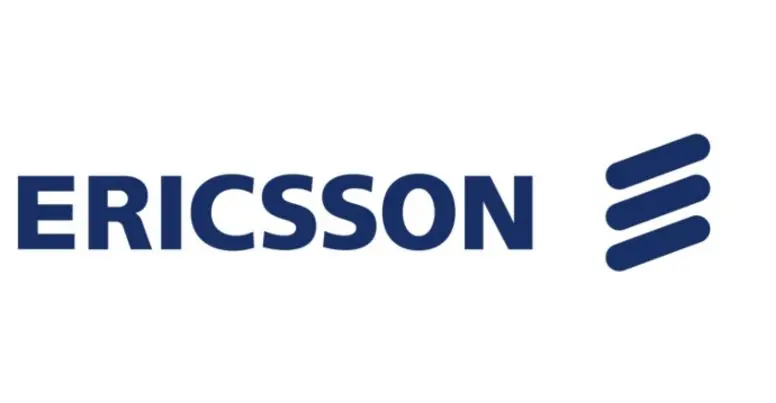North American sales a bright spot, as Ericsson’s sales fall 7% – RCR Wireless News

Eckholm defends API strategy in the wake of Vonage impairment, but says lack of 5G monetization is impacting the NEM
Ericsson saw sales growth in the North American market for the first time since 2022, to the tune of a 14% increase over last year. However, the network equipment manufacturer still reported overall sales were down globally by 7% compared to the same time last year; but this was less than analysts had expected, sending the company’s stock higher on Friday.
While some North American customers are “selectively increasing their network investments,” according to Ericsson President and CEO Börje Ekholm, Ericcsson’s sales declines in Europe and in Latin America, where he said that Ericsson is seeing “sharply increased competition” from Chinese vendors. Ericsson’s sales in Southeast Asia, India and the Oceania region fell 44% compared to the same time last year, with the Indian market “normalizing” after the bulk of its initial 5G investments have been deployed. The Middle East and Africa are also seeing a slowdown in operator investments, he said.
“We’re facing a tough market environment at the moment,” Eckholm said. He also tied Ericsson’s challenges to the elephant in the room: Carriers aren’t making enough new revenues from the billions of dollars that they have invested in 5G spectrum and networks to justify continuing their CapEx spending levels.
“For the industry to grow long term, it’s necessary to find new revenue streams for our customers beyond the mobile broadband subscriptions,” Eckholm said. Particularly outside the U.S., he said, “if you look as an industry, return on capital employed has been under pressure for quite some time. That has driven our customers to actually cut down the investments. …
“The overall industry problem remains, which is really that unless we can monetize the new capabilities of the network, it doesn’t really become a new source of revenue for the operators,” Eckholm said—therefore, carriers will only make “marginal” investments where they need to in order to cope with increasing traffic from, say, Fixed Wireless Access. He said that’s why Ericsson is optimistic both about its enterprise-focused efforts—where sales were generally stable—and the opportunity in network APIs, despite the recent write-down of Vonage’s value by about $2.9 billion.
Eckholm acknowledged the impairment, which was due to lower than anticipated growth for Vonage. Despite the losses, Ecknolm said, “the strategic rationale for the Vonage acquisition remains, and that is really to create new ways to monetize the network capabilities and the network features. And long term, we see this to be crucial for the telecom industry,” he continued. “Actually, if we cannot generate the extra revenues from the features of the network, it’s very hard to justify the future investments in later generations as well. So, we believe this is a critical initiative for us and for the industry.” He added that Vonage has 12 mobile network operator partners and added two of those during the second quarter of 2024. “Hold your horses a bit before you assess the overall transaction, until we know if we can create a separate new market for network APIs,” he cautioned.
Related
How SenseiNode Is Building Proof-of-Stake Infrastructure in Latin America
A lot of attention is paid to the decentralization of the Bitcoin network.Bitcoin miners should set up shop in a number of different jurisdictions in order to p
The Infrastructure of Racial Justice Is Under Attack. We Must…
President Donald Trump began February with a proclamation that Black History Month offered “an occasion to celebrate the contributions of so many Black Am
Bomb threat found “non-credible”: American Airlines after Delhi-bound flight diverted…
American Airlines has said that the "bomb threat on board", due to whi
Big infrastructure investment plans take shape in America
Amtrak and dozens of major industry partners representing construction, manufacturing, rail supply, engineering, and other sectors convened for an industr













